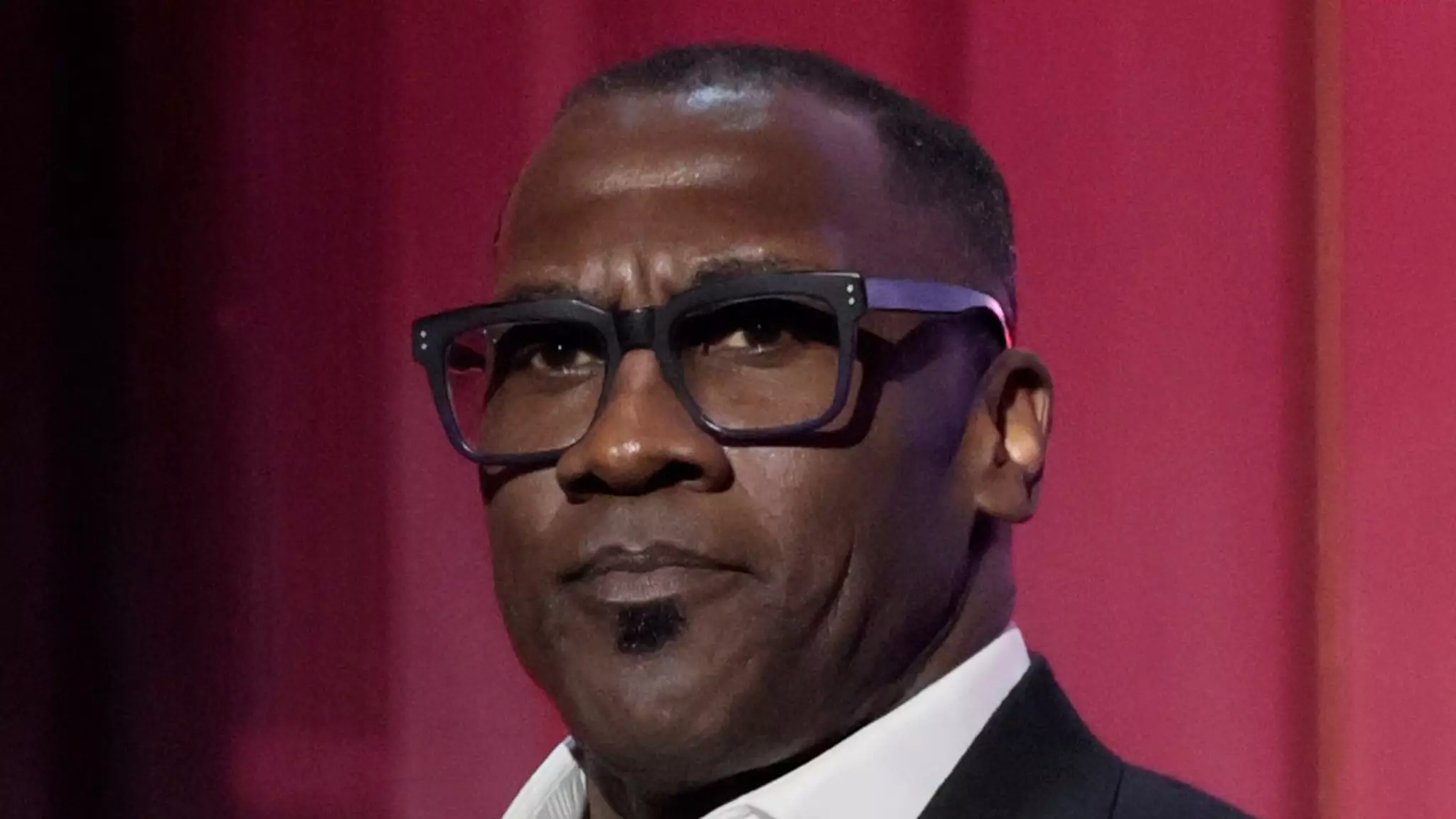In January 2025, the sports world was rocked by allegations against Shannon Sharpe, a former professional football player and current ESPN commentator. The accuser, known as Jane Doe in court documents, has taken a public stance against Sharpe, claiming that he raped her on January 2nd of that year. A text message exchange released to the media brings forward the sensitive and often convoluted nature of consent. The message from Doe to Sharpe echoes emphatically, “no means no, Shannon,” highlighting the critical importance of understanding consent in any relationship.
This case underlines a disturbing reality when it comes to sexual assault allegations—how easily the narrative can shift based on the perception of consent and the complexities of personal exchanges. As Doe recounted her experiences, her emotional turmoil was palpable; she expressed her distress after the alleged encounter, asserting that she had repeatedly asked Sharpe to practice safe sex. It is crucial to recognize the emotional weight of such accusations. Even while legal processes swirl around, they reflect real human experiences filled with pain and confusion.
The Contrasting Nature of Their Interactions
What complicates this case further is the context of their relationship as evidenced by text messages. These communications suggest that there was a previously established dynamic of kink and fantasy between Sharpe and Doe. Messages from as early as June 2024 reveal Doe expressing a desire for “kinky” experiences, even requesting to be “abused” in a sexual role-play scenario. Such contradictions raise critical questions: How do we parse playful banter from genuine consent? Should past consensual dynamics mitigate the seriousness of the current allegations?
In the aftermath of the accusation, Sharpe’s attorney has posited that these texts indicate Doe’s enjoyment of unconventional sexual practices, insinuating a potential shift in her motivations once Sharpe declined her wishes regarding starting a family. This narrative suggests that financial gain or personal vendetta could potentially motivate the lawsuit. However, such interpretations often serve to diminish legitimate grievances and pivotal moments of violation women face, making it even more crucial to approach such cases with sensitivity and an open mind.
The Legal and Ethical Implications
Sharpe has publicly denounced the allegations, calling them a “shakedown” and indicating plans to pursue defamation lawsuits against Doe. This highlights the adversarial nature of sexual assault cases, where both parties paint very different pictures of their interactions. The legal ramifications extend beyond just these two individuals; they touch on broader societal issues regarding sexual conduct, mutual understanding, and the inherent power dynamics between genders.
In a culture where sexual assault still faces scrutiny, the public debate that unfolds around cases like Sharpe’s impacts how future allegations are treated and understood. When messages are released, interpretations vary by the audience; some may see consent and role-play within the context of their relationship while others may only focus on the gravity of the accusations at hand. Understanding consent is not just a legal obligation but an ethical one that requires nuance, responsibility, and respect for personal boundaries.
This case serves as a reminder that the landscape surrounding sexual assault is fraught with complexities. The intricacies of past interactions can cloud judgment when assessing current claims, and therein lies the challenge for society at large—to look beyond sensationalism and strive for a profound understanding of consent and respect.

